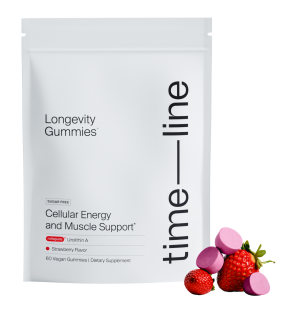Despite so much scientific evidence absolving saturated fats as dangerous to the heart and promoting heart disease, the AHA is still having trouble discerning fact from fallacy when it comes to informing the public about health.
As Dr. Hoffman referred to in his article last week, I too am troubled by AHA’s insistence that polyunsaturated vegetable oils like “soybean oil, peanut oil, corn oil” continue to be touted as healthy, despite the fact that they’re higher in pro-inflammatory omega-6 fats. As we know, the precursor to most of our chronic diseases is inflammation and the standard American diet is already way too heavy in omega-6 sources of fat.
While most of the research the AHA points to are increases in LDL cholesterol with increased saturated fat intake, what interpreters of the literature fail to recognize is most all of these increases are seen in the presence of a high carbohydrate diet. In my opinion, too little attention is being paid to low-carb studies showing improvements in lipid profiles.
What the AHA conveniently omitted from their scouring of the scientific literature is the reams of evidence that saturated fats do not increase risk factors for heart disease in the presence of a low carbohydrate diet. In fact, while LDL levels remained high or even increased in these low-carb studies, the pattern of LDL changed to larger, fluffier, less atherogenic Pattern A particles from the smaller, denser, less desirable Pattern B particles. Moreover, HDL cholesterol also increased, changing cholesterol profiles to a more favorable ratio. In fact, a low-carb diet is so powerful in this regard that statin therapy is not warranted!
Another fact the AHA doesn’t discuss is an independent risk factor for heart disease: high triglycerides. High triglyceride levels fall way down in the setting of a low-carb diet—even before any weight loss has occurred!
Because February is Heart Month, in next week’s newsletter, I will point to other more important risk factors for cardiovascular disease to give you a clearer understanding of the real culprits—inflammation, toxins, other heart disease risk factors, and a closer look at cholesterol.
To your health!
Leyla Muedin, MS, RD, CDN







